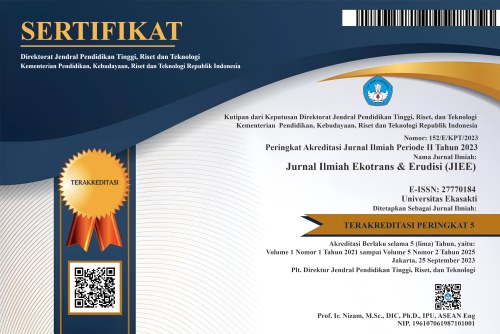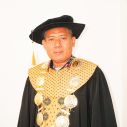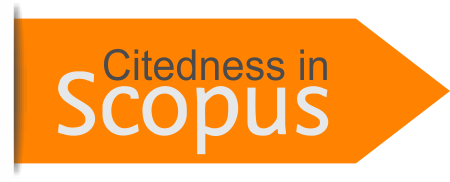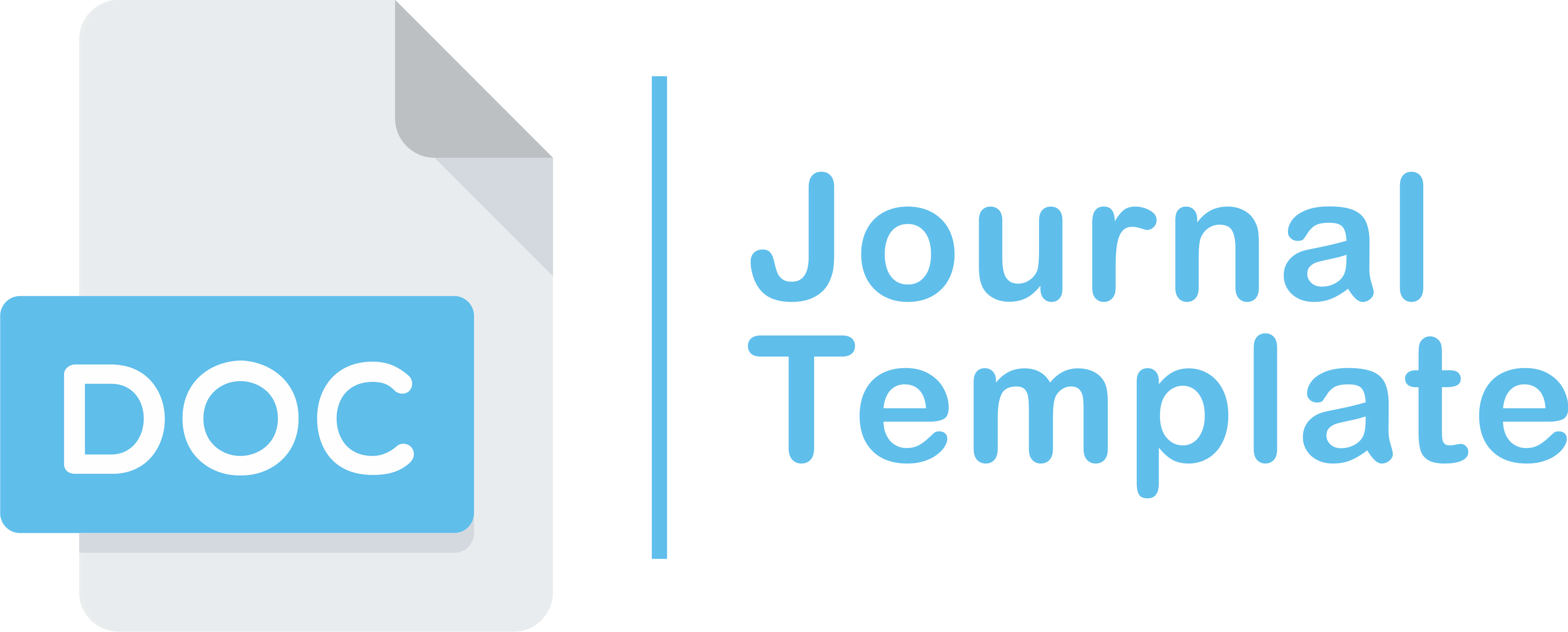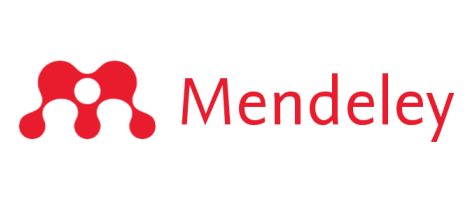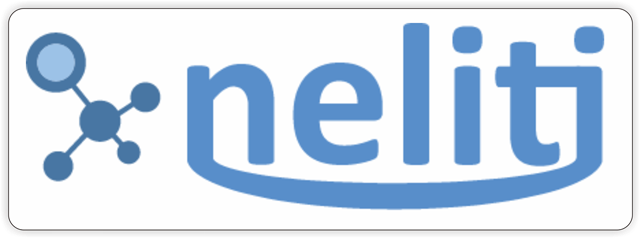Management of the Smart Indonesia Program of the Ministry of Education and Culture for Junior High School Students
DOI:
https://doi.org/10.69989/exzmnt74Keywords:
Management, Smart Indonesia ProgramAbstract
This research aims to determine the management of the Smart Indonesia Program in junior high schools throughout Sawahlunto City. This type of research is qualitative. The data sources in this research are data on the implementation of the Smart Indonesia Program (PIP) in junior high schools as well as direct field observations. The research informants were 21 (twenty-one) people, consisting of the Head of the Education Department, the Head of the Basic Education Division, the Head of Curriculum and Student Section, the Education Service Operator, the Principal, the School Operator, and the Community. The researcher's main data collection techniques were observation, interviews, and document study. The results of the research conclude that it is not yet optimal. Judging from the results of the research regarding the proposal, determination, distribution, and collection of funds, there are still obstacles when implementing the management of the Smart Indonesia Program in junior high schools. Because there are still many obstacles that occur in the implementation of the Smart Indonesia Program, management needs to be improved so that management of the Smart Indonesia Program is more effective and better.
Downloads
References
Ainscow, M. (2020). Promoting inclusion and equity in education: lessons from international experiences. Nordic Journal of Studies in Educational Policy, 6(1), 7–16. https://doi.org/10.1080/20020317.2020.1729587
Al Lily, A. E., Ismail, A. F., Abunasser, F. M., & Alqahtani, R. H. A. (2020). Distance education as a response to pandemics: Coronavirus and Arab culture. Technology in Society, 63, 101317. https://doi.org/10.1016/j.techsoc.2020.101317
Arikunto, S. (2018). Prosedur Penelitian Suatu Pendekatan Praktek Cetakan I. Remaja Rosdakarya. Bandung.
Ferrão, M. E. (2022). The evaluation of students’ progression in lower secondary education in Brazil: Exploring the path for equity. Studies in Educational Evaluation, 75, 101220. https://doi.org/10.1016/j.stueduc.2022.101220
Flick, U. (2016). Mixing methods, triangulation, and integrated research: Challenges for qualitative research in a World of crisis. In Qualitative inquiry and global crises (pp. 132–152). Routledge.
Gaus, N. (2019). Is state control in higher education governance always bad?: New public management and the history of Indonesian higher education reform policy. Asian Politics & Policy, 11(2), 294–313. https://doi.org/10.1111/aspp.12462
Gawlik, M. (2018). Instructional leadership and the charter school principal. School Leadership & Management, 38(5), 539–565. https://doi.org/10.1080/13632434.2018.1439467
Hallinger, P., Walker, A., Nguyen, D. T. H., Truong, T., & Nguyen, T. T. (2017). Perspectives on principal instructional leadership in Vietnam: a preliminary model. Journal of Educational Administration, 55(2), 222–239. https://doi.org/10.1108/JEA-11-2015-0106
Kumar, R., Zusho, A., & Bondie, R. (2018). Weaving cultural relevance and achievement motivation into inclusive classroom cultures. Educational Psychologist, 53(2), 78–96. https://doi.org/10.1080/00461520.2018.1432361
Miles, M. B., Huberman, A. M., & Saldaña, J. (2018). Qualitative data analysis: A methods sourcebook. Sage publications.
O’Shea, S., Lysaght, P., Roberts, J., & Harwood, V. (2016). Shifting the blame in higher education–social inclusion and deficit discourses. Higher Education Research & Development, 35(2), 322–336. https://doi.org/10.1080/07294360.2015.1087388
Sparrow, R., Dartanto, T., & Hartwig, R. (2020). Indonesia under the new normal: Challenges and the way ahead. Bulletin of Indonesian Economic Studies, 56(3), 269–299. https://doi.org/10.1080/00074918.2020.1854079
Sugiyono. (2018). Metode penelitian kuantitatif, kualitatif, dan R&D (edisi 2). Alfabeta.
Vedung, E. (2015). Autonomy and street-level bureaucrats’ coping strategies. Nordic Journal of Studies in Educational Policy, 2015(2), 28643. https://doi.org/10.3402/nstep.v1.28643
Waluyo, B. (2018). Balancing financial autonomy and control in agencification: Issues emerging from the Indonesian higher education. International Journal of Public Sector Management, 31(7), 794–810. https://doi.org/10.1108/IJPSM-10-2017-0272
Zhou, C., Zhang, D., & He, X. (2021). Transportation accessibility evaluation of educational institutions conducting field environmental education activities in ecological protection areas: A case study of Zhuhai City. Sustainability, 13(16), 9392. https://doi.org/10.3390/su13169392
Downloads
Published
Issue
Section
License
Copyright (c) 2023 Fadhlan Fadhlan (Author)

This work is licensed under a Creative Commons Attribution-ShareAlike 4.0 International License.
Copyright Notice
An author who publishes in the journal "Jurnal Ilmiah Ekotrans & Erudisi" agrees to the following terms:
Author retains the copyright and grants the journal the right of first publication of the work simultaneously licensed under the Creative Commons Attribution-ShareAlike 4.0 License that allows others to share the work with an acknowledgement of the work's authorship and initial publication in this journal
Author is able to enter into separate, additional contractual arrangements for the non-exclusive distribution of the journal's published version of the work (e.g., post it to an institutional repository or publish it in a book) with the acknowledgement of its initial publication in this journal.
Author is permitted and encouraged to post his/her work online (e.g., in institutional repositories or on their website) prior to and during the submission process, as it can lead to productive exchanges, as well as earlier and greater citation of the published work (See The Effect of Open Access).
All materials in this site are protected by the law. It is prohibited to quote a part of or all of this website contents for commercial purposes without the permission or consent of the editors.
If anyone finds one article or more in this journal violate or potentially violate one’s copyrights, please report to us through e-mail of Principle Contact.
Legal-formal aspects of accessing any information and manuscript in this journal website refer to the provision of license Creative Commons Attribution-Share Alike (CC BY-SA). Read more about the Creative Commons Attribution-ShareAlike 4.0 Licence here: https://creativecommons.org/licenses/by-sa/4.0/.
All information available in 'Jurnal Ilmiah Ekotrans & Erudisi' is academic in nature. 'Jurnal Ilmiah Ekotrans & Erudisi' is not responsible for loss due to the abuse of information in the website.
Information
Notice about change in the copyright policy of the journal 'Jurnal Ilmiah Ekotrans & Erudisi' : "From Volume 1, Nomor 1 onwards the copyright of the article published in the journal 'Jurnal Ilmiah Ekotrans & Erudisi' will be retained by the author"
Privacy Statement
The names and email addresses entered in this journal site will be used exclusively for the stated purposes of this journal and will not be made available for any other purpose or to any other party.


